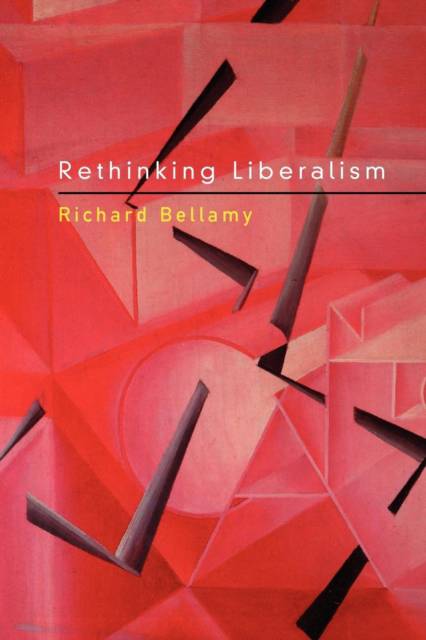
- Afhalen na 1 uur in een winkel met voorraad
- Gratis thuislevering in België vanaf € 30
- Ruim aanbod met 7 miljoen producten
- Afhalen na 1 uur in een winkel met voorraad
- Gratis thuislevering in België vanaf € 30
- Ruim aanbod met 7 miljoen producten
Omschrijving
This book explores liberalism's past and present transformations and proposes a prospective future as a neo-republican democratic liberalism. Bellamy engages with theorists of liberalism from J. S. Mill, through T. H. Green, Guido De Ruggiero, Carl Schmitt and Joseph Schumpeter, to F. A. Hayek, John Rawls and Michael Walzer. He contends that the pluralism and complexity of modern societies have undermined liberalism's communitarian and ethical assumptions. Studies of the Poll Tax fiasco in Britain, and of the constitutional dilemmas posed by the European Union confirm the contemporary inadequacies of traditional conceptions of liberal democracy.
Drawing on Max Weber, Bellamy advocates a return to a Machiavellian approach to politics to resolve the clashes resulting from competing values within complex situations. Unlike Weber however, he concentrates on the republican and democratic aspects of Machiavelli's thought. He proposes a republican strategy whereby the political dispersal of power constrains any ideal or interest from dominating another. Instead, everyone must seek mutually acceptable compromises. The essays in "Rethinking Liberalism" map a passage from the liberal democratic norms and forms characteristic of nineteenth-century nation states, to an agnostic, democratic liberal politics suitable for the transnational and plural societies of the new millennium.Specificaties
Betrokkenen
- Auteur(s):
- Uitgeverij:
Inhoud
- Aantal bladzijden:
- 264
- Taal:
- Engels
- Reeks:
Eigenschappen
- Productcode (EAN):
- 9780826477415
- Verschijningsdatum:
- 15/03/2005
- Uitvoering:
- Paperback
- Formaat:
- Trade paperback (VS)
- Afmetingen:
- 157 mm x 231 mm
- Gewicht:
- 394 g

Alleen bij Standaard Boekhandel
Beoordelingen
We publiceren alleen reviews die voldoen aan de voorwaarden voor reviews. Bekijk onze voorwaarden voor reviews.











